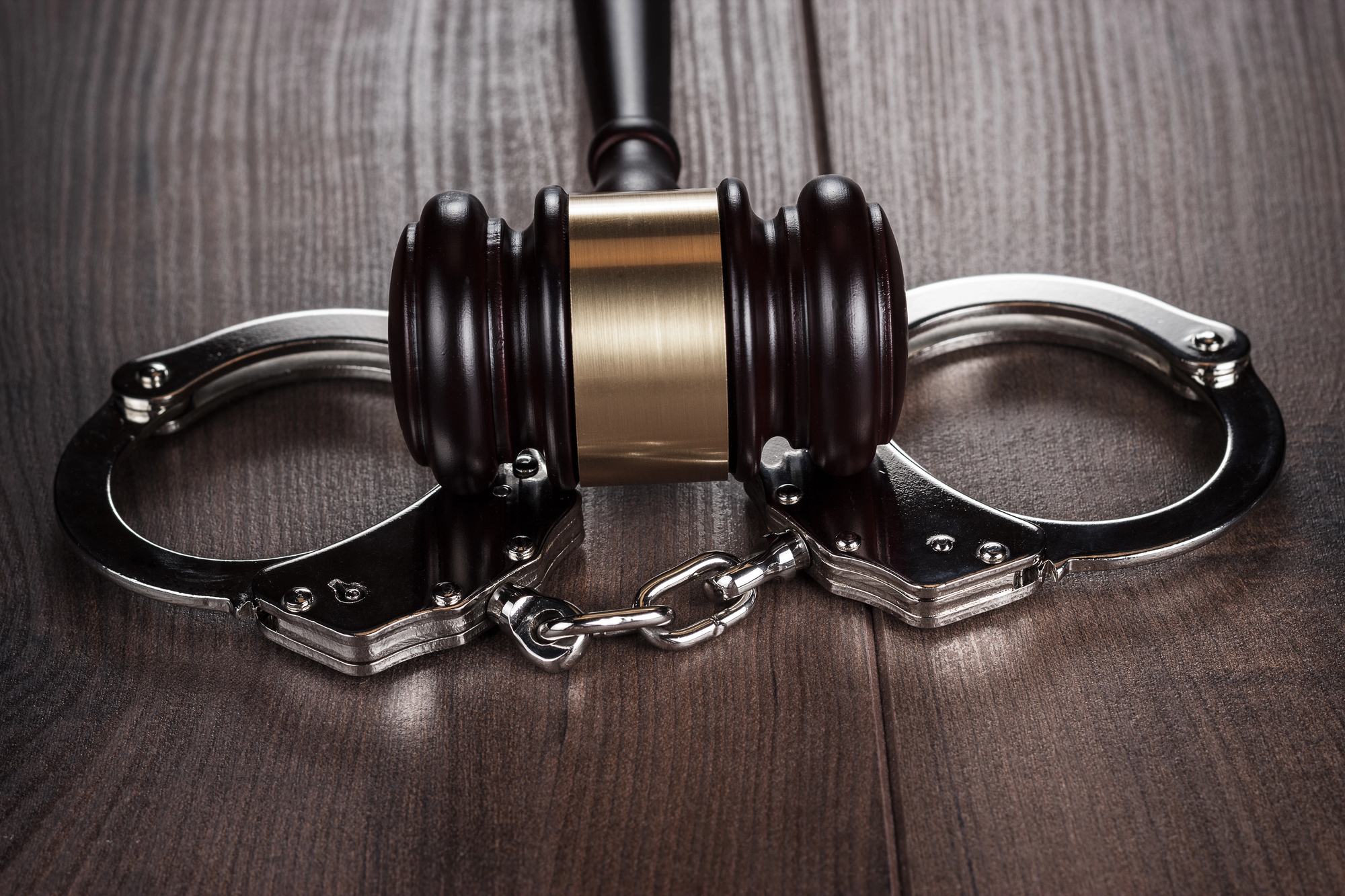If you commit a crime in the state of Indiana, there are multiple types of consequences you could face.Probation and parole are common penalties for criminal offenses.
Parole and probation are similar in some ways, but their meanings are not identical. If you are facing criminal charges, it is important to get in contact with a trusted criminal defense attorney to help you understand how both can impact your life as part of a crime sentence. Here, we’re discussing the basics of probation and parole, as well as the key differences between the two terms.
What Is Probation?
At its core, probation is a period of court-ordered supervision instead of going to jail.
Probation is used when a court decides that a defendant should not serve their entire sentence in jail, but instead should have some or all their sentence suspended and supervised. A defendant can be placed on probation directly, or as part of sentencing after being released from jail. If a court sentences an individual to probation, the offender can stay in the community and at home while completing specific requirements outlined by a judge.
When a defendant is sentenced to probation in Indiana, the specific requirements (terms of probation) will be outlined the judge overseeing the case. Simply put, the terms of probation are the rules the defendant must follow to complete their sentence. Common terms of probation in Indiana include, but are not limited to:
- Regular meetings with a probation officer
- Submitting to drug and alcohol testing
- Paying probation fees and other court-related costs
- Community service
- Counseling or behavior modification classes
- Maintaining employment
- Restricting weapon possession and use
- Staying away from specific locations or individuals within the community
- Any other requirements determined by the court
What Happens If an Offender Does Not Follow the Terms of Probation?
When an offender has been sentenced to probation, is crucial follow the terms of probation exactly as ordered by the judge. If the terms of probation are violated, a defendant risks potentially facing disciplinary action such as additional time being added to the original probation sentence or revoking probation and being sentenced to some or all of their remaining sentence in jail or community department of corrections.
What Is Parole?
Parole, while similar to probation, is not quite the same as probation. Parole is the conditional release of a prisoner to supervision in the community after they have completed part of their sentence in a correctional facility.
Indiana Code requires that individuals serving a sentence at a department of corrections facility complete a term of parole upon their release, unless specific circumstances exist. An example of a pre-existing circumstance that would bypass parole would be if a defendant was court-ordered to be released to probation instead of parole, or if someone is placed in a community transition program by the court.
In Indiana, parole typically lasts a period of two years after their release from a department of corrections facility. There are exceptions to this rule that vary, depending on the type of offense that was committed and other factors specific to an individual’s circumstances. It is common that defendants who commit violent crimes, such as murder, are placed on parole for life whereas sex offenders may only need to be on parole for ten years after their release from prison.
When a defendant is sentenced to parole in Indiana, they will have to abide by specific conditions outlined by the court, similar to that of probation. Some examples of parole conditions include, but are not limited to:
- Home meetings with a parole officer, scheduled and unscheduled
- Attending drug or alcohol counseling
- Refraining from possessing or using a firearm
- Living in transitional housing and only leaving with permission
- Maintaining employment
- Complying with court-ordered or facility curfews
- Wearing an ankle monitor
- Paying restitution to victims
- Avoiding additional criminal offenses and arrests
What Happens If You Violate the Terms of Your Parole Sentence?
If a parole violation is believed to have occurred, a report will be submitted to the parole board. The board will consider the report and ultimately decide if a violation occurred and how to proceed if the violation did in fact take place.
If probable cause exists and there is a belief that a parolee violated a condition of their parole, the individual may be required to appear for a formal hearing regarding any alleged violations. Additionally, an arrest warrant may be issued. The parolee could be detained and confined in a corrections facility until the preliminary hearing, potentially leading to a revocation hearing.
Facing Criminal Charges? Eskew Law Has You Covered
If you are facing criminal charges that may result in jail time, contact us today at 317-793-2325 or reach out online to get in touch with one of our experienced attorneys. We can discuss your case, possible penalties, and create a strategy tailored to your individual situation.



